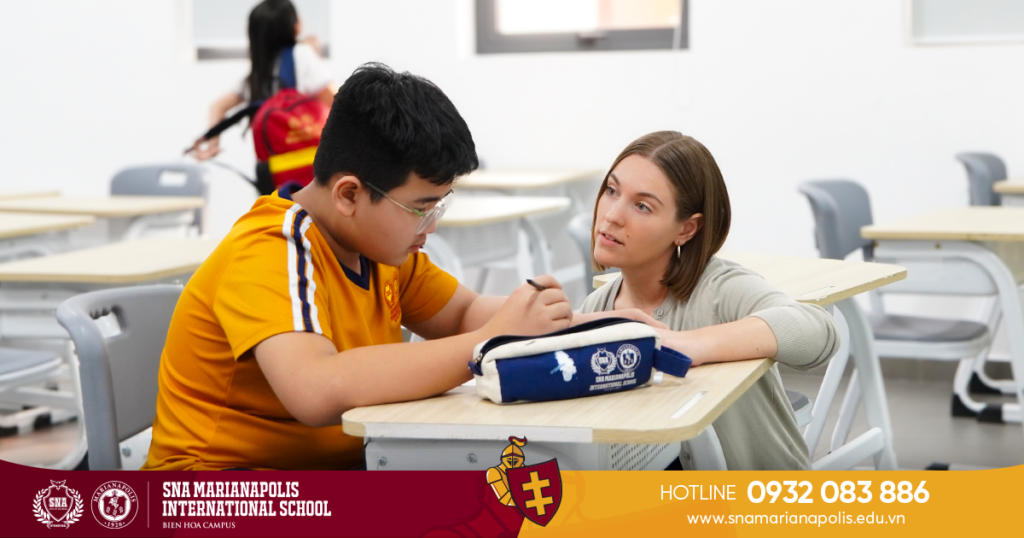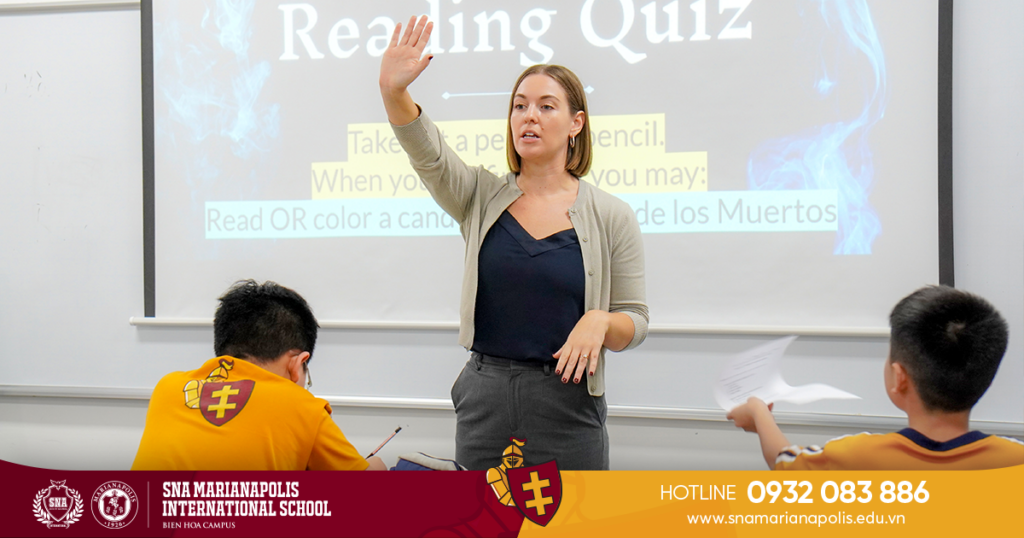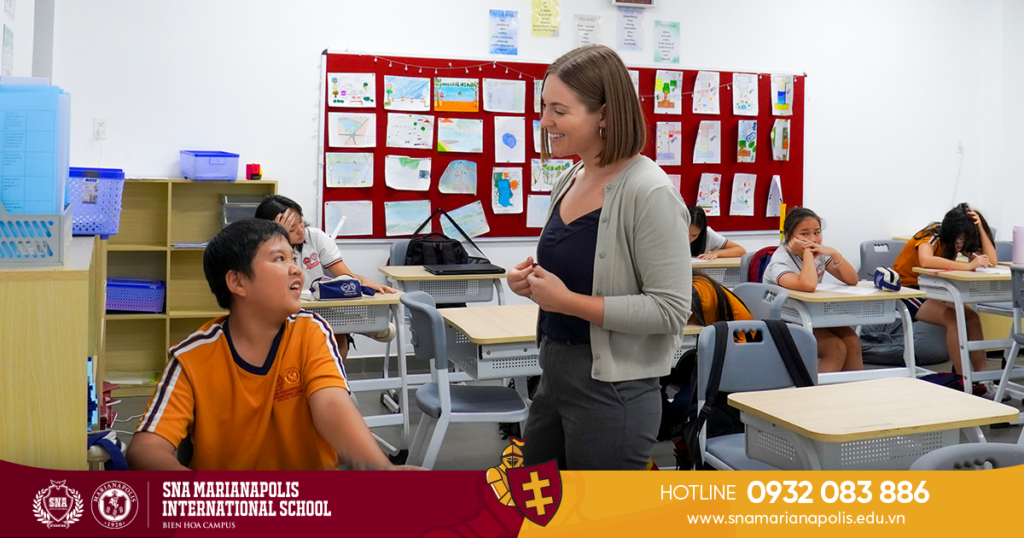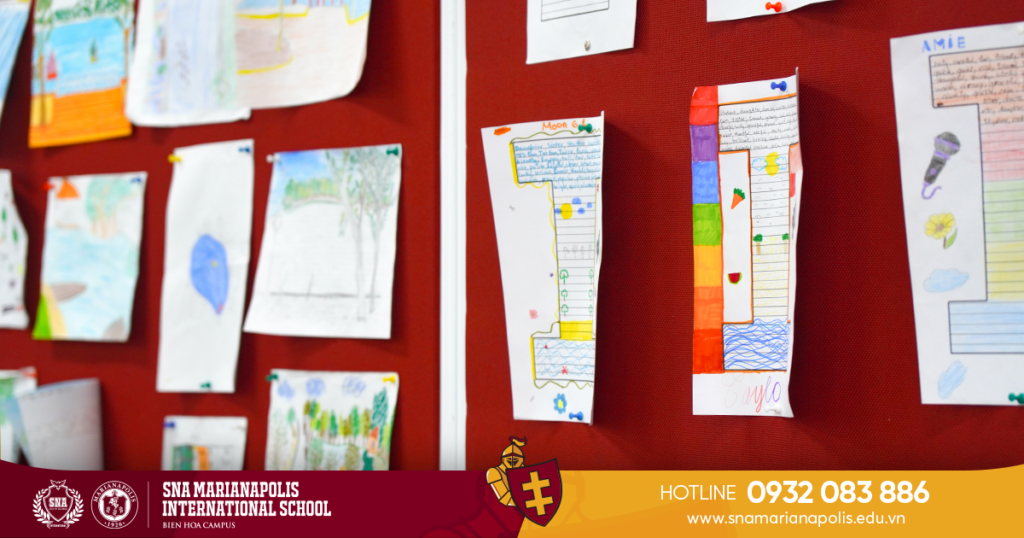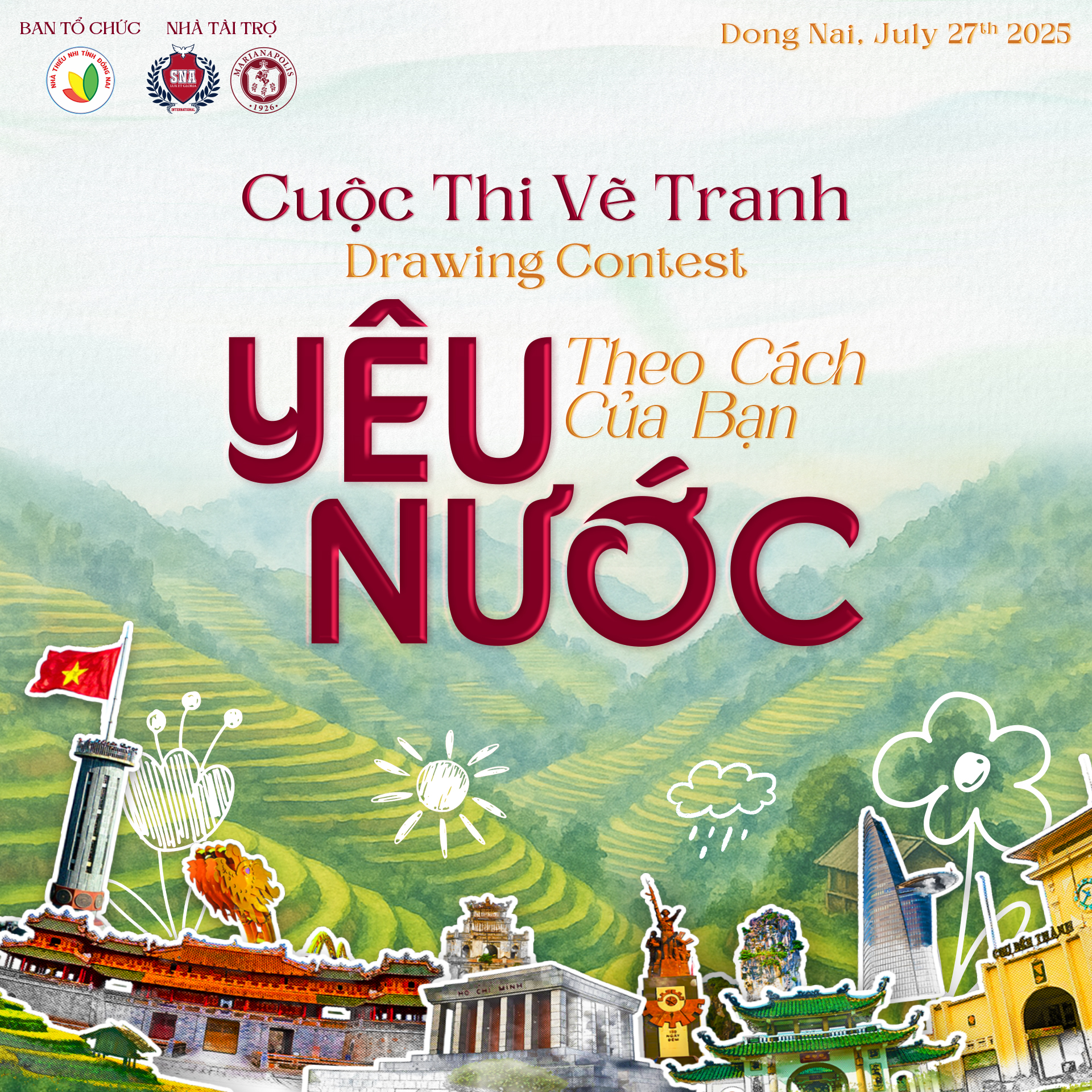TEACHER SPOTLIGHT | MS. JESSICA NEWSOME
Ms. Jessica is an experienced English teacher in public American schools. This is the first time she has ventured outside her home country and brought along with her such a wealth of experience to explore international teaching. At SNA Marianapolis, Ms. Jessica is teaching English Literature in Grades 6 and 7.
Education was not the original career pathway that Ms. Jessica saw herself in. Her college major was Business, and an assignment in her senior year sent her to volunteer to teach Business principles to local students. The assignment landed her in working with high school students, which turned out to be a blast for her. After graduation, she continued to volunteer with students in other settings such as her church and community. The fun and meaningful time she had persuaded her to pursue a Master’s degree and further teaching credentials to officially embark on a teaching career.

Crucial Skills in Studying Literature
It was the great passion for reading and writing that led Ms. Jessica. However, she notices writing is one of the students’ greatest challenges, but she enjoys helping them get through such a limit and express themselves in words. In Ms. Jessica’s class, the English language is only one component of the content taught and learned. What she is also fostering is the habit of presenting students’ voices or perspectives. “I’ll always tell them that their voice matters, and so does their perspective. There is no right answer. What they think, feel, and bring to the piece of literature outweigh any supposedly ‘correct’ approach.”
Ms. Jessica owes this mindset to a teacher she once had, “There is no right or wrong answer, as long as you can defend yourself.” As such, if a student has an opinion that strays a bit away from expectation but can find the evidence to support and argue for it, then that student is making a great forward step and earns the grade. “Ultimately, literature is art, so hearing different perspectives makes it more interesting,” she shares.
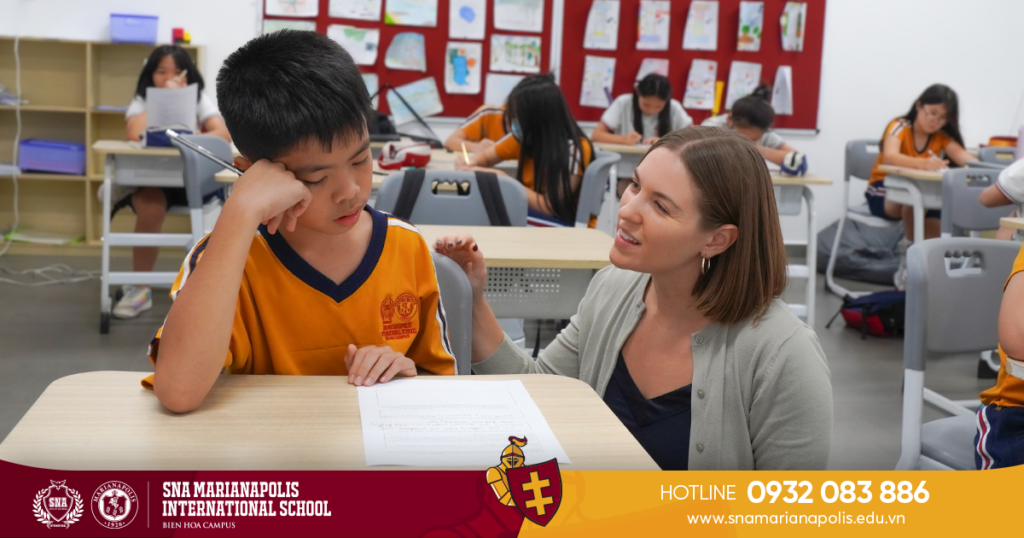
All in all, Ms. Jessica boils down the success of literature study to analytical and critical thinking. Here’s a typical analysis process that her class goes through every time they approach a new text: “We would read a text and try to combat questions such as:
- What do you think of the text?
- What does the author try to say?
- How can you prove it?
- How do you know?”
At this time in the school year, Ms. Jessica’s students are learning another analysis technique – “Foreshadowing” – using what they already know to predict the story’s progress. She observes that students are competent in picking up clues from the text and making proper predictions but are not quite sure how to get themselves across. This calls for Ms. Jessica to approach the skill differently from the time she taught it in America.
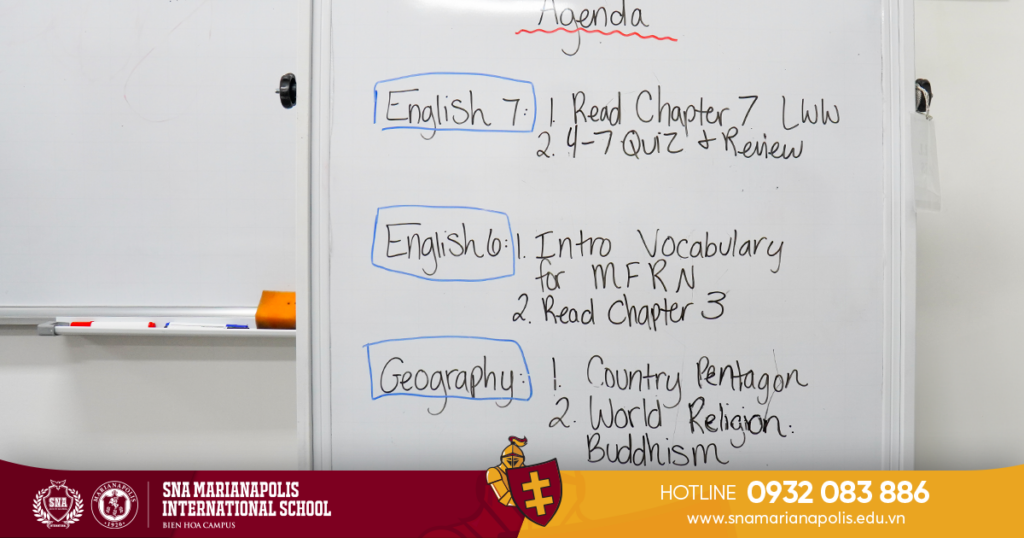
A Shift in Focus
An outstanding difference between teaching in America and Vietnam, from Ms. Jessica’s observation, is the focus on learning the vocabulary needed to express students’ thoughts. She recognizes that Vietnamese students are still able to think deeply and critically about literature like American students. “What they need extra help with is thinking about what or how they want to say in Academic English.” To adapt to this shift in focus, Ms. Jessica often finds a way to embed vocabulary teaching in her lessons.
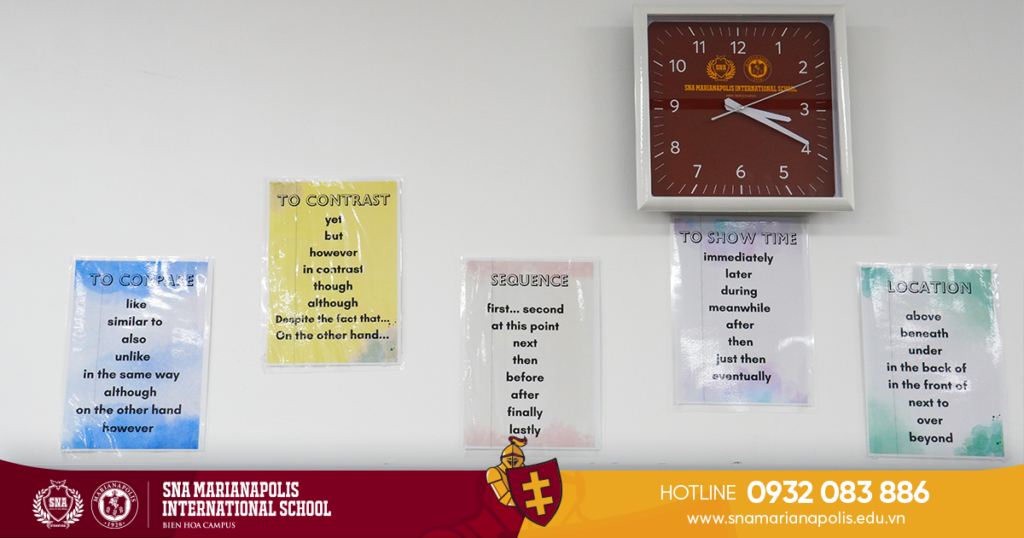
She admits it presents her with quite a challenge as she is still on the learning curve of discovering what English words students already know and do not know yet. Along this process, Ms. Jaslene, her Teaching Assistant, is a tremendous supporter in helping students understand literary terms, decide the proper word choice, and pick out context clues. A lot of the importance is also placed on transitioning students from the Vietnamese patterns of thinking and expression into that of Academic English.
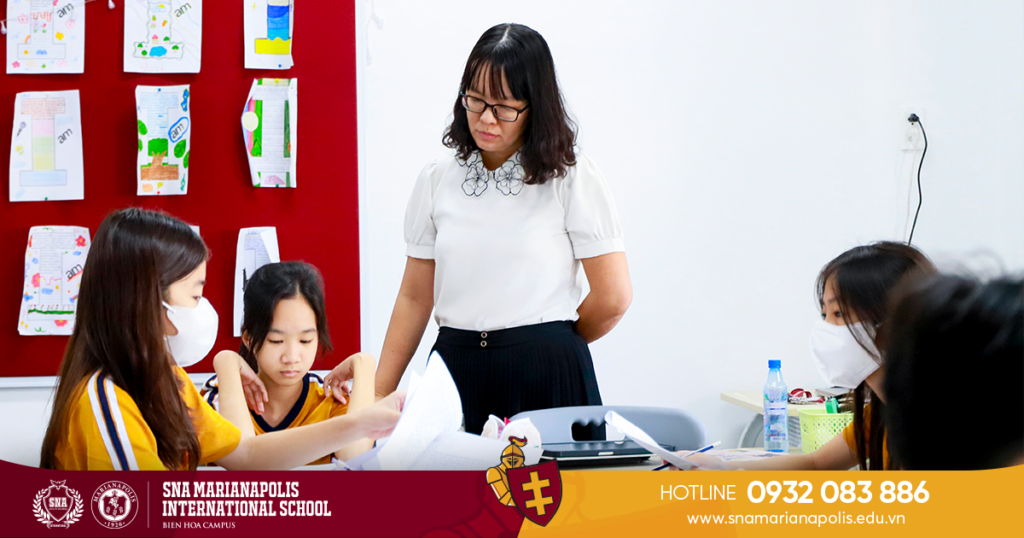
A Teaching Goal Stemming from a Personal Hobby
As an English teacher, Ms. Jessica finds it natural to incorporate her love for reading into her teaching. It’s an inevitable reality that many students are more intrigued by short TikTok clips, so Ms. Jessica is determined to find short stories to charm them into reading bit by bit. To her, this task is both a personal goal and a fulfillment when she hears students can relate to the reading or are eager to find out how the story is unveiled later.
She humbly shares the activity achieved success in most students and not some others. Again, it prompts her to go on a mission to find texts resonating with students’ mental and emotional interests and their current stage in life.
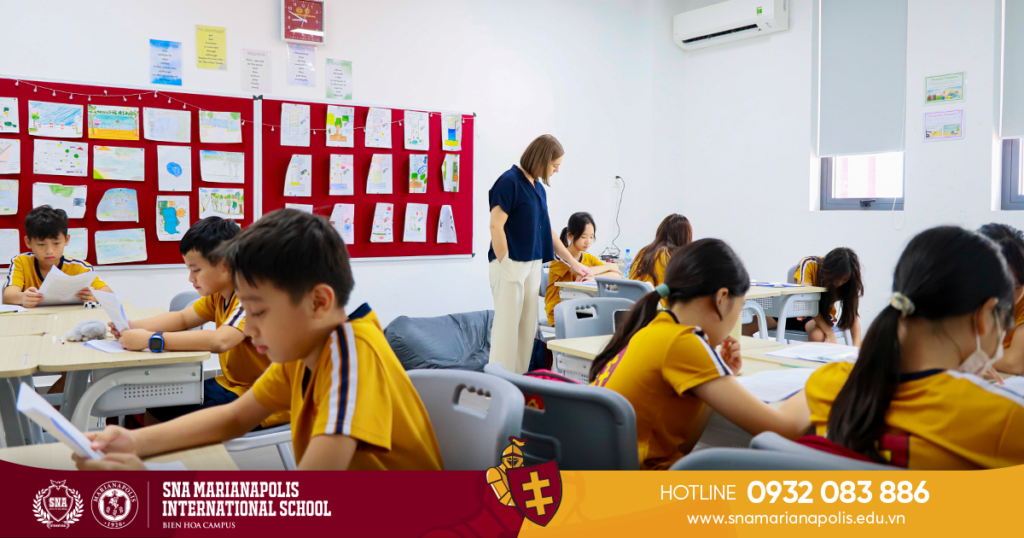
A Humbling Experience as an Expat Teacher
A fresh teacher in Vietnam, Ms. Jessica did not expect to learn so much from the students. “As I share about America, they would often contrast it against the norms in Vietnam. I came with the expectation of being a teacher, but so far I’ve enjoyed being a student as well, finding out about the culture, local learning habits, and interests. It’s very humbling in a great way.”
It is wonderful to see students proactively introduce their culture to expat teachers as it not only helps bridge the culture gap and develop the teacher-student bond but also greatly assists teachers’ assimilation into a new country. And just like that, Ms. Jessica’s teaching experience in Vietnam has gone both ways, making impacts and getting impacts.
For more information about the teacher and curriculum, please kindly contact our Admissions via Hotline at 0932 083 886 or fill out the form below:
[REGISTER_FORM]







